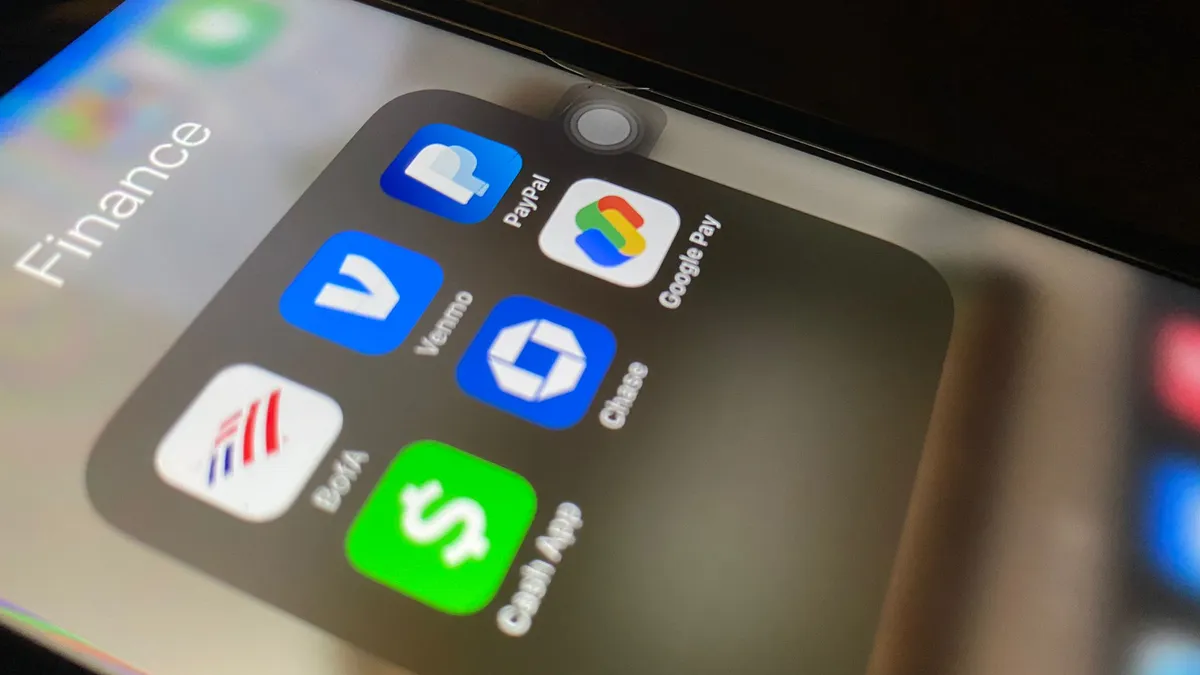A group of community banks called Alloy Labs Alliance this week launched a challenger to the Zelle peer-to-peer payment system that they aim to make a lower-cost alternative.
"Why don't we give our customers the choice about how they want to operate, where they want to send money in which app they want to use to do it," Alloy CEO Jason Henrichs said.
When Alloy's bank executive members were brainstorming about what to call their new payment service, someone suggested the name Chuck as a joke, noting the memorable term is both a noun and a verb. A branding consultant hired by Alloy thought the idea was inspired and the name stuck.
"Banks, especially community banks, are often accused of not having much of a sense of humor," Henrichs said in an interview.
Even so, Alloy is serious about getting into the peer-to-peer payments business that allows consumers to digitally send money to each other and to businesses. To make it happen, Alloy has spent the past year developing Chuck.
The Alloy group was founded by 12 community and mid-sized banks in 2018 and now is a group with about $250 billion in combined assets, reaching 30 million consumers and 6 million small businesses.
The market is dominated by Zelle, which debuted in 2017 and during the third quarter processed $127 billion on 466 million transactions. Zelle is owned by a fintech company called Early Warning Systems which in turn is controlled by seven of the country's largest banks.
According to Julieann Thurlow, CEO of Reading Cooperative Bank, Zelle was so expensive that her bank and the other Alloy members decided they were better off building a rival service that isn't tied to a specific platform.
“The pricing (for Zelle) was pretty significant,” said Thurlow in an interview, declining to be more specific. “When we talked to young folks and those that would use the system, we heard from them that they preferred Venmo. We decided to build something that allows consumers to have the choice of what they actually use.”
Chuck will appeal to banks by keeping customers from migrating outside of their networks and may appeal to the 7.1 million U.S. households the FDIC says are unbanked, according to Thurlow.
To be sure, some community banks support Zelle. Payments processor Fiserv says 85% of Zelle participants "are regional and community financial institutions with assets less than or equal to $10 billion," and 77% "list assets less than or equal to $1 billion."
Financial services firms have long argued tech companies and their rivals have an unfair advantage because they aren’t subject to the same stringent legal requirements to protect consumers’ data, among other things.
Big tech companies, which have boosted their payments businesses during the coronavirus pandemic, have denied the claims of their rivals. The Consumer Financial Protection Board is mulling the issue as part of an investigation into the payments industry ordered by Director Rohit Chopra.













